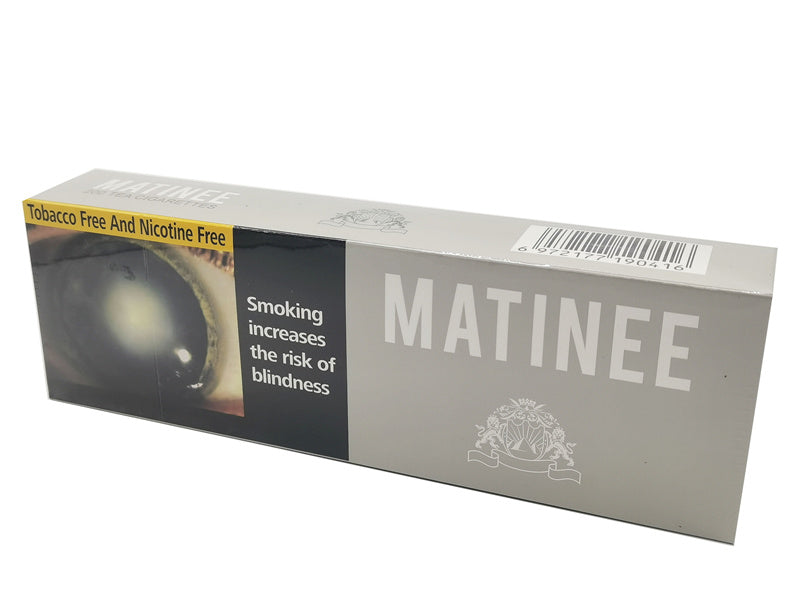According to a study published online by "JAMA Network Open" on December 13, among adolescent pregnancies in the United States, the rate of e-cigarette use in the third trimester increased from 0.8% in 2016 to 4.1% in 2021.
The researchers analyzed data from the Pregnancy Risk Assessment Surveillance System from 2016 to 2021, focusing on 10,428 teenagers aged 10 to 19 who had had a singleton birth and provided information about their use of e-cigarettes or cigarettes.
While researchers found an approximately five-fold increase in e-cigarette-only use, the percentage of pregnant women who exclusively used cigarettes decreased from 9.2% in 2017 to 3.2% in 2021. The proportion of pregnant women who use both e-cigarettes and cigarettes fluctuates between 0.6% and 1.6%.
Teens who did not smoke or use e-cigarettes (12.9% had smaller babies at birth) were compared with those who only used e-cigarettes (16.8%) or who used both cigarettes and e-cigarettes (12.9%). 17.6%), there was no significant difference in the proportion of small birth weight. The researchers found that exclusive smoking was significantly associated with a lower birth weight (24.6 percent).
In the study, corresponding author Xiaozhong Wen, M.D., Qianzi School of Biomedical Sciences and Medicine, SUNY Buffalo, said: "In our analysis, e-cigarette only use and both e-cigarette use Cigarettes and e-cigarettes do not appear to be statistically significantly associated with smaller birth weight, but given the low prevalence and limited sample size used, this finding should be interpreted with caution."
A limitation of this study is that participants may have underreported their use of e-cigarettes and cigarettes due to concerns about social stigma. Additionally, researchers lacked information on e-cigarette use, exposure to secondhand smoke, marijuana use, and dietary habits during the first and second trimesters.
This research was supported by the National Institute on Drug Abuse, the Food and Drug Administration's Center for Tobacco Products, the National Heart, Lung, and Blood Institute, and the American Heart Association. One of the study co-authors has received grants from Pfizer and has received personal fees from Johnson & Johnson, the World Health Organization, and the Campaign for a Tobacco-Free Childhood.
